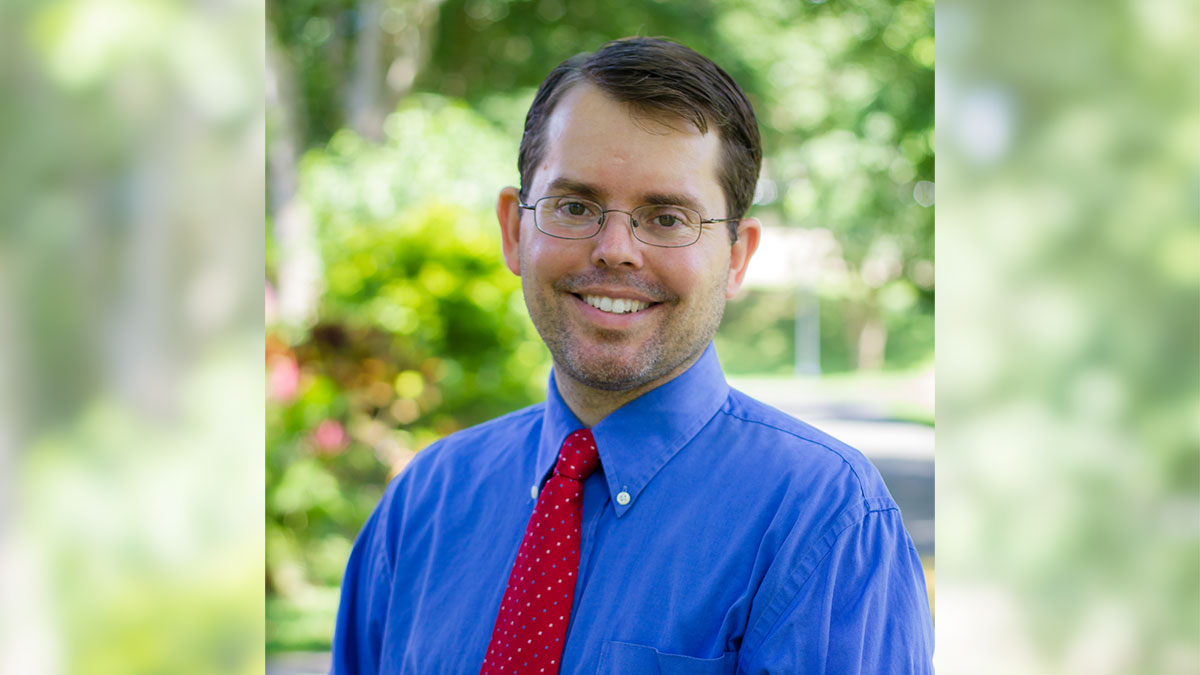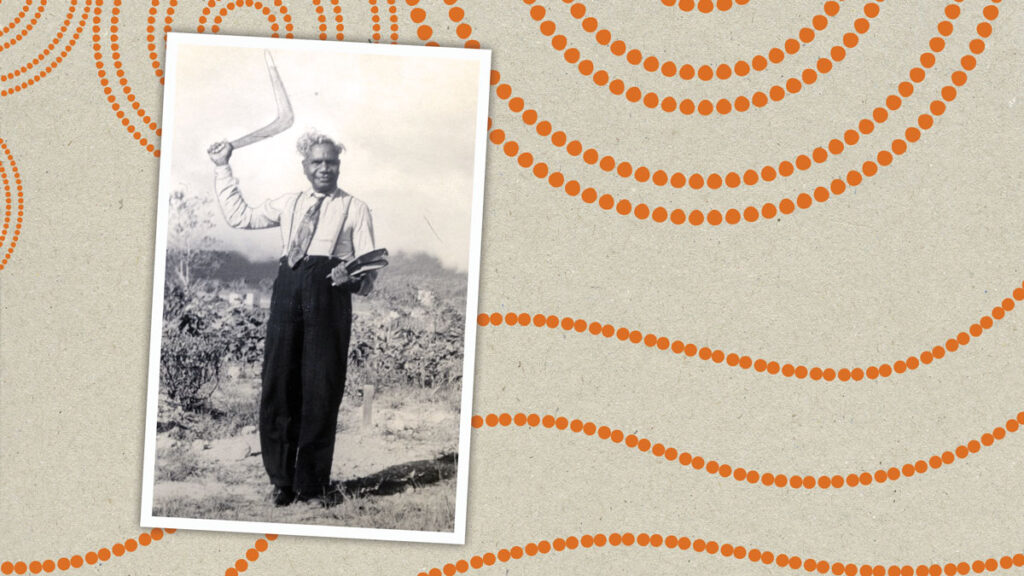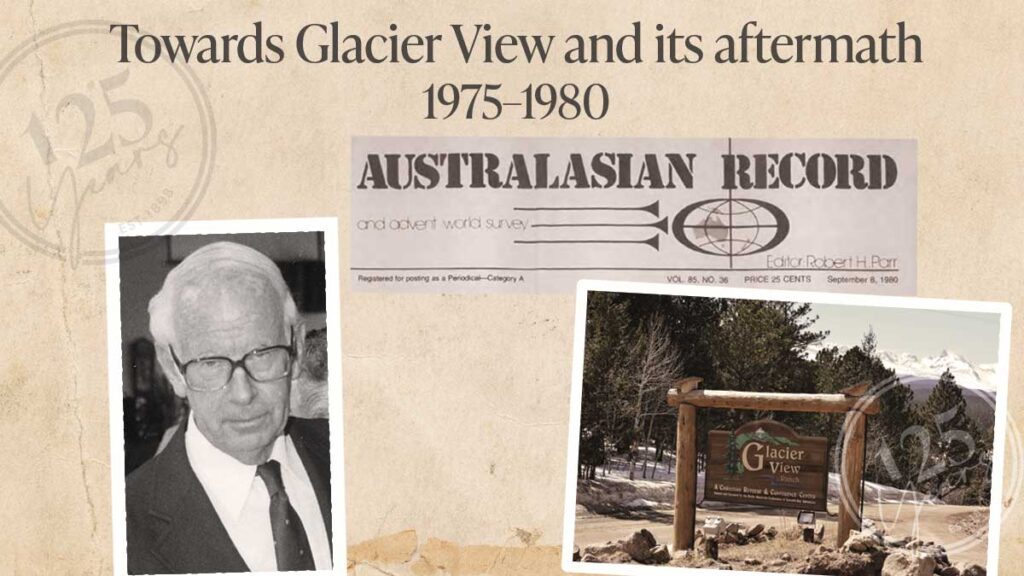Dr Michael Campbell teaches church history and theology at Southwestern Adventist University in Keene, Texas. His doctoral studies focused on the 1919 Bible Conference in Adventist history and he talked about his new book on this topic, coinciding with the centenary of this historic event.
Why does Adventist church history matter to you?
I love stories, and history at its best should be about telling the story of how God has led in the past. There are highs and lows along the way, but as I learn about our Adventist past, I am inspired by how, despite human flaws, God is able to work. I also believe by studying our Adventist past we can better understand and appreciate our unique Adventist identity—God’s calling to share the “everlasting gospel” to the world.
What sparked your interest in the 1919 Bible Conference as a topic of study?
A college professor had us read excerpts of the transcripts in a history methods seminar. I was curious to learn more and wrote about it for a term paper. Later, while studying with George Knight for my doctorate, I wanted to work on Adventism and fundamentalism. Dr Knight encouraged me to narrow my topic, so I found myself returning to this episode, in much greater depth.
How should we remember an anniversary such as this?
I think it should give us pause to reflect about how we interpret inspired writings, and how we relate to those with whom we disagree. In 1919, people were labelling one another as “liberals” versus “progressives”, but both sides were closer to one another than either would admit. I would suggest the best way to remember this anniversary would be to listen to those with whom you may disagree—perhaps each of us might learn something new!

How do the issues discussed in 1919 still matter today?
They matter a great deal because all of us interpret inspired writings. Perhaps the most haunting aspect for me of 1919 is a sense of foreboding that, if those in 1919 did not do a better job in educating the Church about matters related to revelation and inspiration, there would be trouble in the future. Sure enough! As a Church we have struggled with these matters right up to the present day. While the people and issues have changed, many of the underlying hermeneutical struggles continue to show up.
What is the role of an Ellen White dictionary? And how did you go about putting this together?
This was a fun, somewhat-accidental project, from our missionary experience in the Philippines. I noticed that many of my students, who were learning English as a second language, really struggled to understand some of Ellen White’s 19th-century vocabulary. Even at home in North America, I found many church members misinterpreted her writings simply because they did not understand certain terms or phrases. So I started by collecting words and phrases my students struggled with, then began to systematically keep a list. As I did so, my friend Jud Lake teamed up with me and, before long, we had created this new resource that we hope will intrigue even the lifelong Adventist.
What is the most important thing you have learned from our church history that informs your faith?
In a broad sense, I love to observe how God works throughout human history to share a message of love and hope for humanity. I believe God’s people at the very end of time will have the clearest understanding of the gospel, recognising God’s character. What inspires me about our Adventist past is the dedication and sacrifice of the pioneers. When I think of what they did with so little, I am humbled and challenged to persevere through trials in my own life. As a historian, I increasingly see their foibles, but even this gives me hope because the Church is made up of fallen human beings, and if God could use them, then God can continue to use me despite my own flaws.
1919 and other books by Michael Campbell are available from Adventist bookshops in Australia and New Zealand or online.






